The demise of Silicon Valley Bank (SVB) is partly due to aggressive interest rate hikes by the U.S. Federal Reserve, experts have said.
The collapse of SVB has spooked global markets, but "it's not really a surprise, given that the rate hike was quite substantial over such a short period of time," Charlie Cai, a professor of Finance at the University of Liverpool, told Xinhua on Tuesday.
"Historically we have had such a low interest rate in the U.S. for a long period of time. There are a lot of business models built on the expectation that the rate hike will not be that fast and steep. Then COVID-19 also gave a lot of free cash during that period," said Cai.
SVB was built on two key strengths: low interest rates and the tech sector, but these elements also eventually led to its collapse, said Cai.
SVB was shut down by U.S. regulators on Friday after the tech-heavy lender reported massive losses from securities sales, triggering a run on the bank's deposits. It was the second-largest bank failure in U.S. history, and was quickly followed by the closure of cryptocurrency sector lender Signature Bank on Sunday.
"Despite SVB's unique characteristics, its failure reminds us that the financial system is more fragile than we would like," read an article co-authored by the Systemic Risk Centre at the London School of Economics, and financial services company Lambodex.
SVB appeared to play it safe by investing deposits into U.S. government bonds, a type of investment without much credit risk, said the article. However, the risk SVB faced was not default but rising interest rates, as it bought its bonds during a period when interest rates had been very low for quite some time.
"The central banks did not sufficiently appreciate new types of risk created by the low interest policy," said the article published on Wednesday. As firms adapted to the low interest rates, they eventually came to depend on them, meaning that when rates increased they faced significant difficulties, the article added.
Creon Butler, research director at the policy institute Chatham House, also said on Wednesday that the SVB collapse had raised questions about whether U.S. bank regulation and its tech industry funding model were fit for purpose.
There should be a rethink of whether the extent and pace of monetary policy tightening is appropriate for the United States and other advanced economies, said Butler.
"Central banks may need to be more sensitive to the risks of financial instability as they seek to control the global inflation shock. In these circumstances, it would be better to move more slowly than risk a major crisis," he added.
Neil Shearing, chief economist at Capital Economics consultancy, argued on Monday that more than half the effects on the real economy of higher interest in developed markets have yet to be felt.
The impact of higher rates on the financial sector also appears with a delay, Shearing said. "This has already been the most aggressive monetary tightening cycle in four decades, and when interest rates move up so sharply it shouldn't be a surprise if some things break."









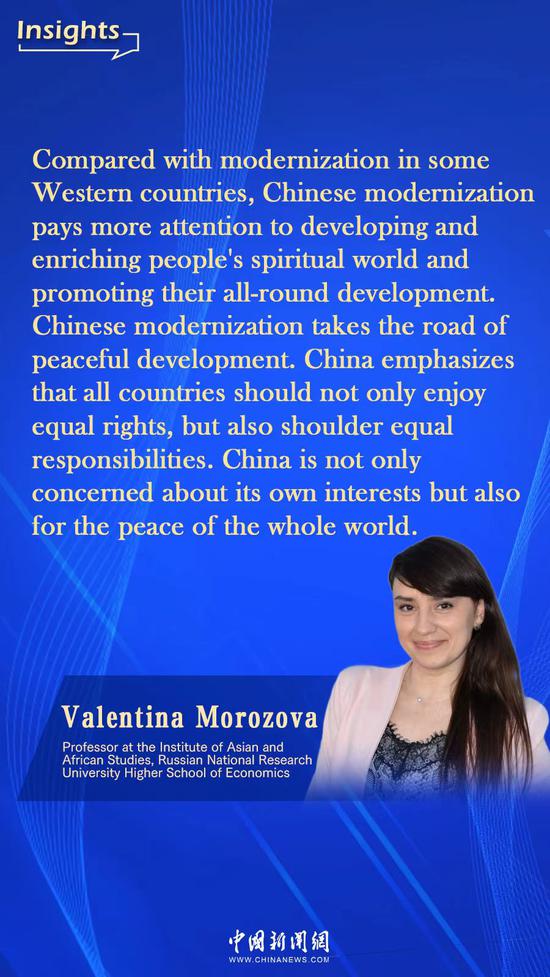







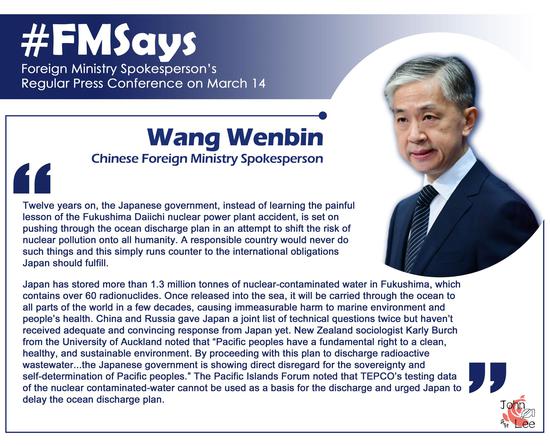
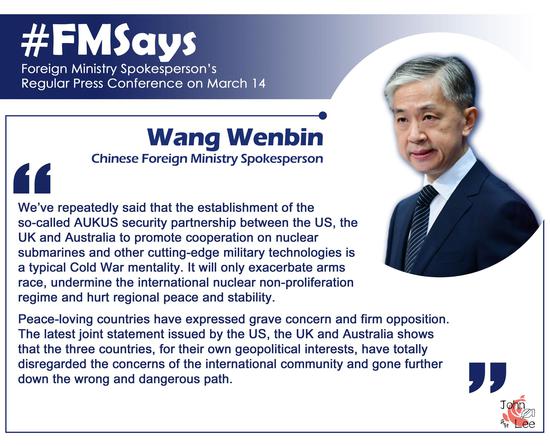







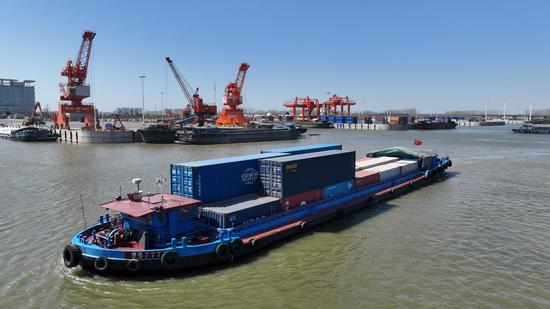
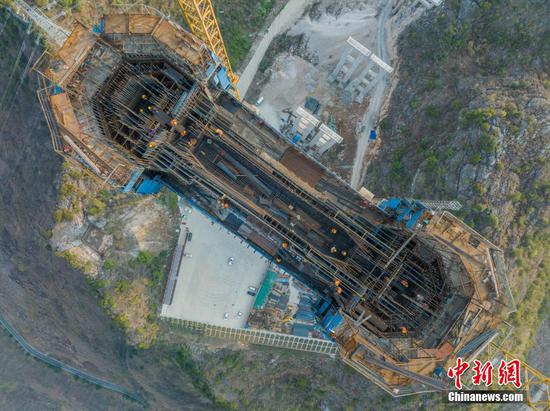
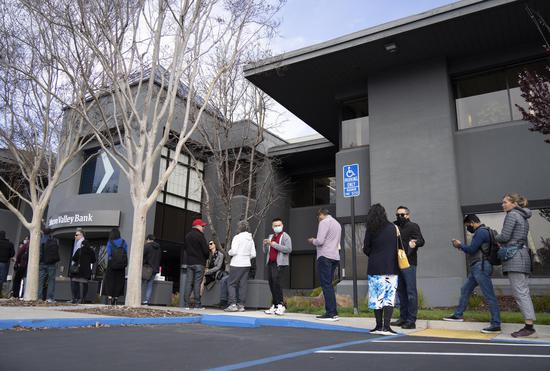

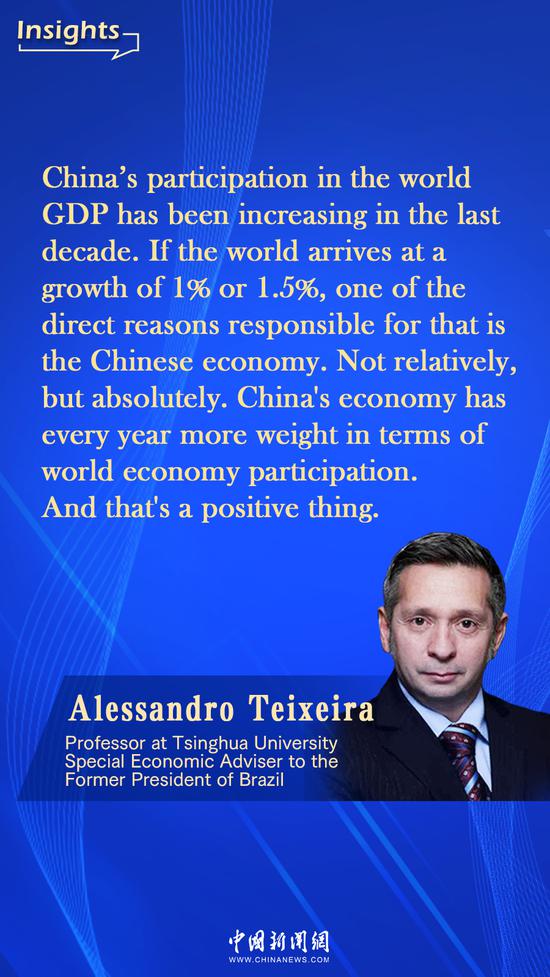





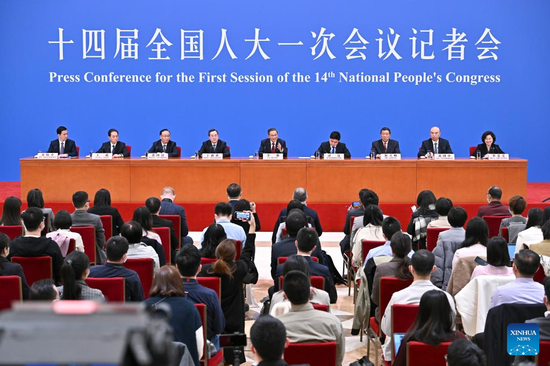
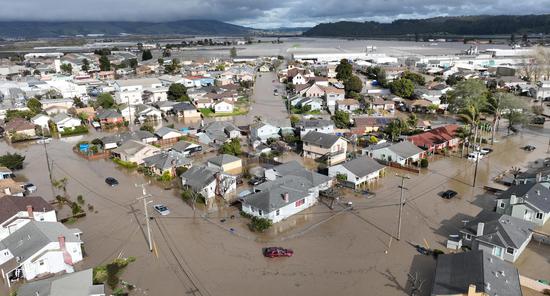
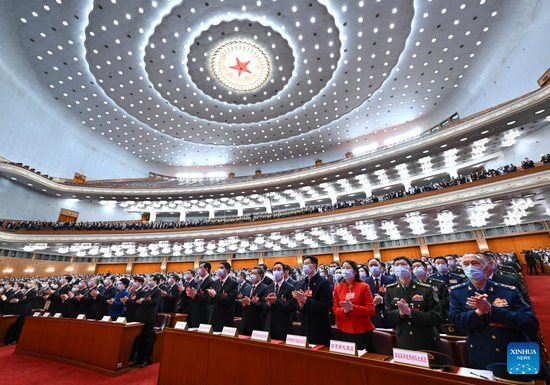

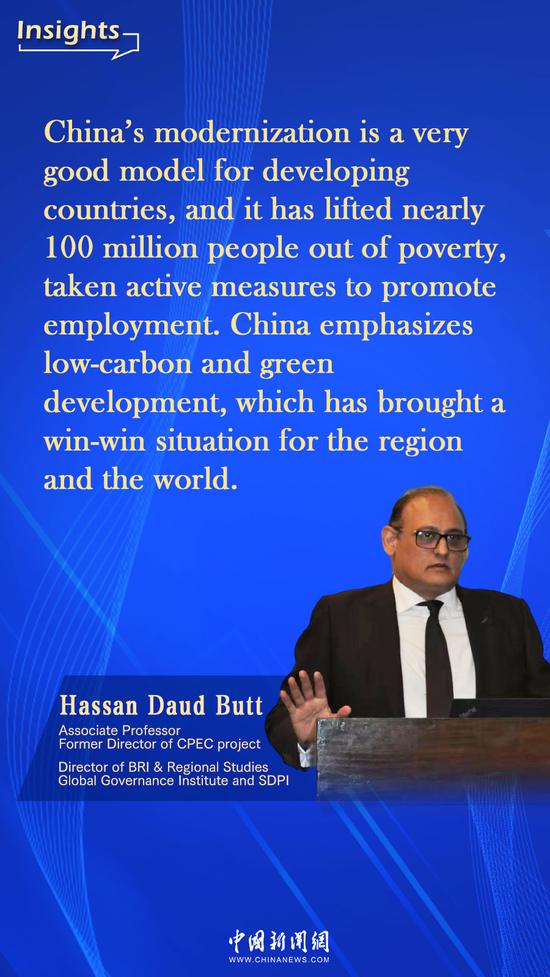
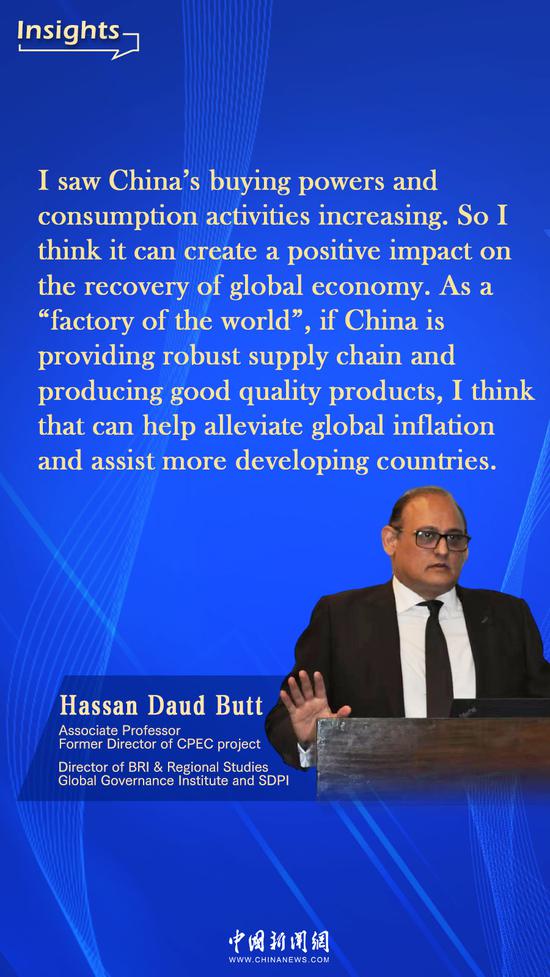








 京公網(wǎng)安備 11010202009201號
京公網(wǎng)安備 11010202009201號